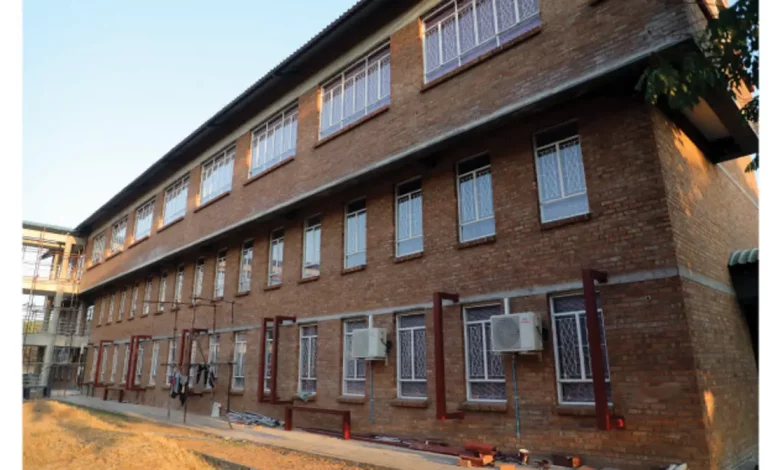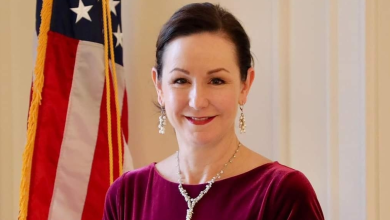
n a historic move set to reshape the administrative landscape of Matabeleland North Province, the Government of Zimbabwe has approved the relocation of provincial offices from Bulawayo to Lupane Centre. This strategic decision, a cornerstone of the Second Republic’s decentralization agenda, marks a significant step towards fostering regional development, bridging the urban-rural divide, and enhancing service delivery in rural areas.
A Strategic Relocation to Empower Rural Communities
The shift of the provincial hub to Lupane is more than just a geographic change; it is a symbol of the Government’s commitment to bringing services closer to the people. By moving the administrative center to Lupane, the Government aims to unlock the economic potential of the region, stimulate local development, and improve the accessibility of essential services for the rural population.
Lupane, once a modest township, is set to rise as a regional capital, poised for growth and transformation. The relocation promises to invigorate the local economy, attract investment, and create job opportunities, thereby contributing to the overall development of Matabeleland North Province.
Key Developments in Lupane’s Infrastructure
Vice President, Honourable Col. (Rtd) K.C.D. Mohadi, recently visited Lupane Centre to assess the readiness of the infrastructure necessary for this monumental transition. His visit confirmed significant progress:
- Civil Servants’ Housing: The construction of civil servant housing units is 90% complete, ensuring that the officials relocating to Lupane will have immediate access to accommodation.
- Government Complex Offices: The new government complex is fully complete and ready for occupation, signaling the readiness of the region to serve as the new administrative hub.
- Lupane Provincial Hospital: The construction of this critical healthcare facility is ongoing, reflecting the Government’s broader commitment to improving public services in the region.
These developments underscore the Government’s dedication to ensuring that the relocation process is smooth and that Lupane is fully equipped to handle its new role as the provincial capital.
Voluntary Relocation of Government Officials: A Commitment to Service
In a demonstration of commitment to public service and the decentralization agenda, 55 government officials have voluntarily chosen to relocate to Lupane. This move is expected to significantly enhance the delivery of essential services, making them more accessible to the local population.
To facilitate this transition, 19 modern houses have been allocated to these officials, ensuring they and their families are comfortably accommodated. This step is crucial in fostering a closer engagement between government officials and the community, allowing for more tailored and responsive governance.
Impact on Local Communities and Service Delivery
The relocation of the provincial offices to Lupane is expected to have far-reaching impacts on local communities:
- Improved Accessibility: Residents from distant districts like Binga will no longer need to travel long distances to access provincial services, which were previously housed in Bulawayo.
- Faster Response Times: With the administrative hub closer to the people, government services are expected to be more responsive and efficient.
- Enhanced Community Engagement: By being closer to the population, government officials can better understand and address the unique needs and priorities of the local communities.
- Promotion of Regional Development: This move is a strategic initiative to promote regional growth, investment, and development, transforming Lupane into a thriving provincial capital.
A Milestone in Zimbabwe’s Decentralization Agenda
The relocation of Matabeleland North Provincial Offices to Lupane is a clear indication of the Second Republic’s unwavering commitment to decentralization and the empowerment of rural communities. Under the leadership of President Emmerson Mnangagwa, this initiative reflects the Government’s broader vision of inclusive development, where all regions of the country are given equal opportunities to thrive.
As Lupane prepares to embrace its new status as a provincial hub, the region stands on the cusp of unprecedented growth and transformation. This relocation is not just a move of offices but a significant step towards a brighter, more inclusive future for the people of Matabeleland North Province.




